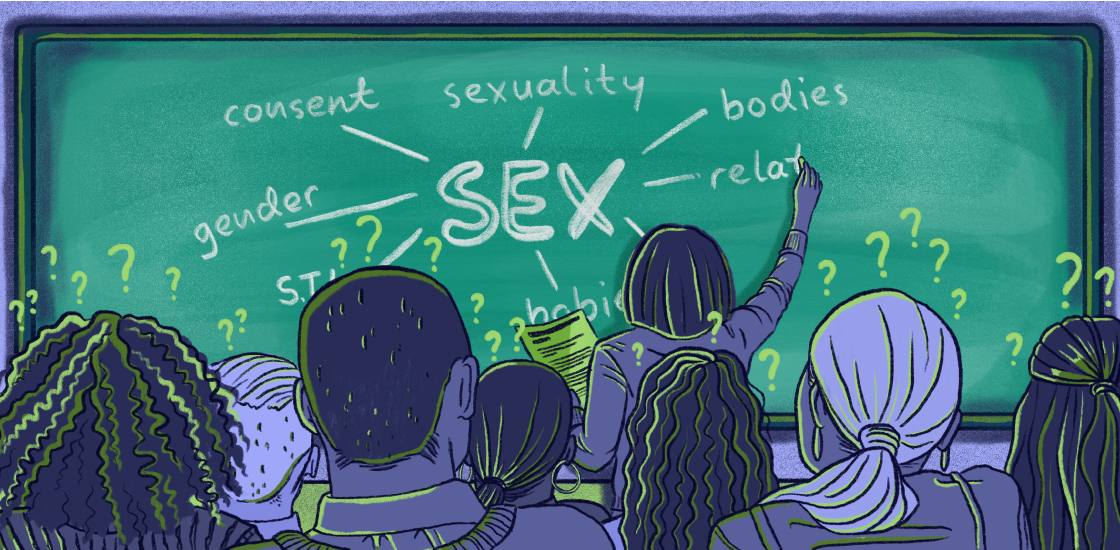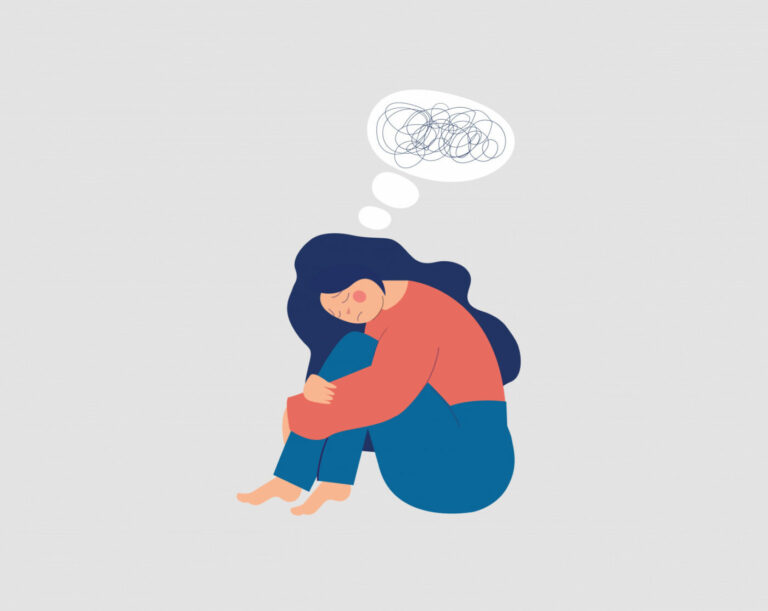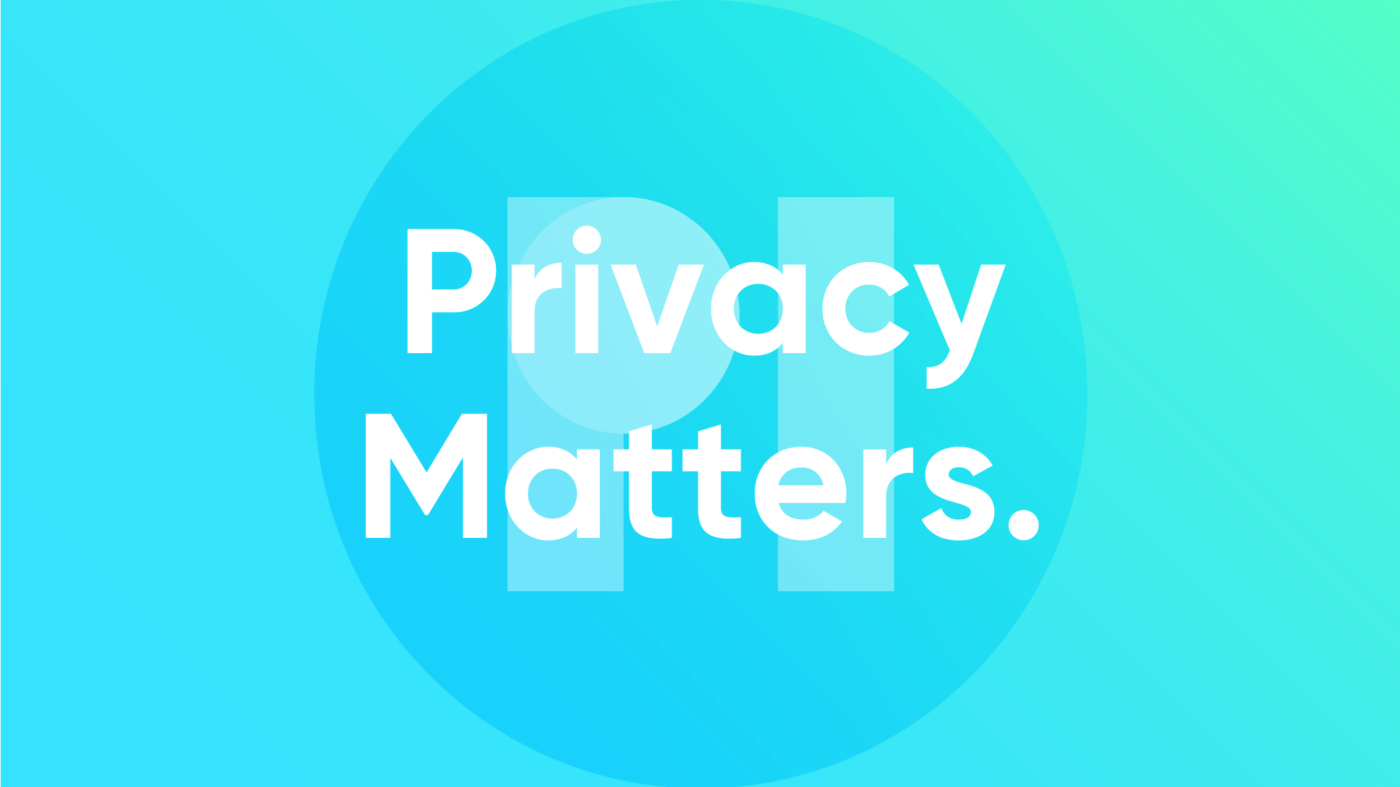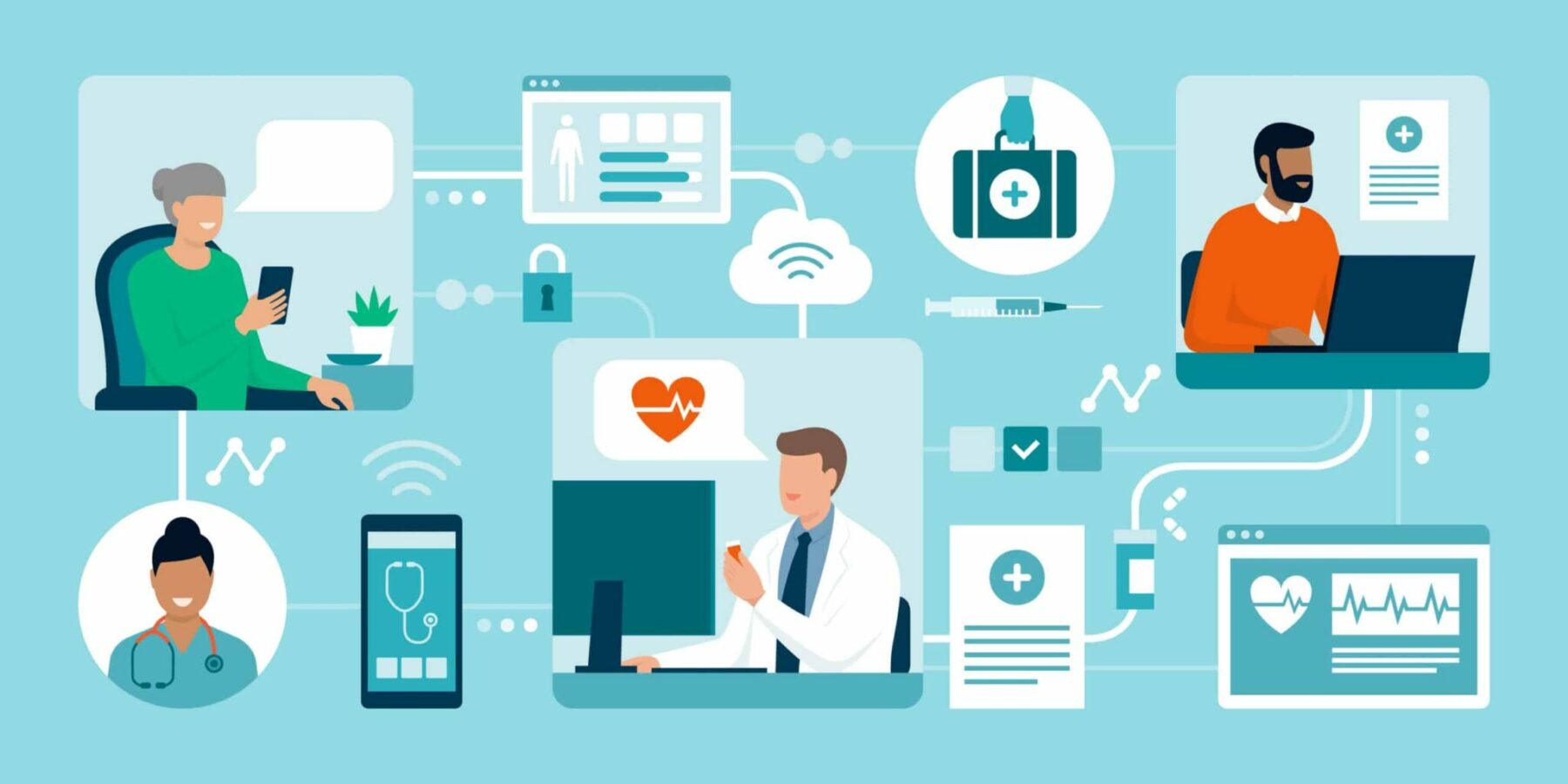Dr Fong has dedicated his life to the study, research and now diagnosis and treatment of STDs. This is the first on what will be a monthly VLOG about issues related to sexual health. We hope this VLOG will contribute to public education about the matter and help viewers learn about prevention and treatment for the benefit of their own health.
Sexually transmitted infections (STIs), also referred to as sexually transmitted diseases (STDs) and the older term venereal disease, are infections that are spread by sexual activity.
More than 1 million STIs are acquired every day. In 2020, WHO estimated 374 million new infections with one of four STIs: chlamydia (129 million), gonorrhea (82 million), syphilis (7.1 million) and trichomoniasis (156 million).
Script of Interview
Interviewee Dr. Francois Fong, (FF)
Position Managing Director
Company name Neo-Health Group
Company website https://www.neohealth.com.hk/
Interviewer John D. Evans, CFA (JE)
Interview conducted on 16 December 2021
Public taboos and personal inhibitions
JE Okay, good afternoon on this 16th of December 2021, to the viewers of SEIML Ventures. We have Dr. Francois Fong of Neo-Health Group back today. Dr. Fong has dedicated his life to the study, research and now diagnosis and treatment of sexually transmitted diseases. This is the first on what will be a monthly VLOG about issues related to sexual health. And we hope this VLOG will contribute to public education about the matter and help viewers learn about prevention and treatment for the benefit of their own health. Just as background, sexually transmitted infections (STIs), also referred to as sexually transmitted diseases (STDs) and the older term, venereal disease, are infections that are spread by sexual activity. More than 1 million STIs are acquired every single day. In 2020, the World Health Organization, the WHO, estimated 374 million new infections with one of the four STIs including chlamydia, gonorrhea, syphilis, and trichomoniasis. So, it’s a serious matter. This is our first interview, and we’re going to talk about public taboos and personal inhibitions. So welcome, Francois.
FF Good evening, John.
JE So just at the start us off, the topic of human sexuality has often been one that the public has shied away from. Attitudes by governments, some health care officials and the public mean that full and open discussion of the topic has been limited to the detriment of our knowledge and ability to protect ourselves from this serious health care matter. What are your thoughts on this?

FF Well, I think, as you said, sexual health is very down to earth matters that everyone would need to know about. However, from our education time at school, and including the teachers and the government often have a real reluctance to make it an open topic. Quite often, when we see patients, patient will have a comment that, “oh, I wish I had known this earlier”. And why don’t they teach you this at school? So, I think is important aspect when you talk about motor car safety, we talk about safety on other aspects, but we don’t really talk about safe sex in many matters. A lot of the sexual education in the past probably related to HIV prevention. But apart from HIV, there’s a lot more other infections, like the ones that you mentioned. So, and not including those four, there are a few other STI as well. So, including those in the figures, the number STI around us is tremendous.
JE Yeah, very, very large indeed. It’s been an eye opener for me. So, it’s obviously a private matter, health care. But the treatment of STDs is a very personal matter. Healthcare officials can contribute to a supporting environment, therefore, I guess, by offering privacy and discretion in their service offering. So, tell us what Ne0-Health Group is doing to help facilitate this.

FF Now, when I first came back to Hong Kong, obviously, at the time it was about the year 2000. Sexual health service is mainly provided by the government. And what in Hong Kong we call social hygiene clinics. And where this almost 20 years’ time, the service standard hasn’t really changed. It takes about two to three weeks for a patient to get HIV test result, which as you might imagine, if a person’s worry about HIV infection, waiting for two and three weeks, two or three weeks to get the result is torture. So that’s why we started the service so that we can provide a more timely service for patients so that they can be relieved of the anxieties. So that’s why at Neo-Health we start our own clinical service as well as our own laboratory service. So that nowadays we can provide a HIV result, for example, within two hours to our patients, instead of two weeks. Now, we’re breaking down a lot of the logistic time in sending out the sample to the lab and also someone to collect the sample. And then for someone to sign the report and so on, we cut out all those logistic times. So, in terms of running the tests, it takes only about an hour to run the tests. So, you can imagine the frustration patient can get by waiting, waiting and waiting for their results. So that’s the kind of service standard I think people deserve to have. So that they don’t have to worry about. And in terms of, even though if they do have an infection, knowing it earlier, would allow them to be treated at a much timely possibility. So, and also, that will help to reduce the spread of infection as well.
A private matter
JE Very good. So, it’s not just about privacy and intimacy, it’s the speed of service is one of the other things that you’re, you’re looking at. Let me just ask one follow-up question. What can be done to help facilitate patients’ nervousness about interaction, you know, sort of the taboo things? What can Neo-Health do to help address that particular issue?

FF Well, as you mentioned, privacy is very important to many patients. They may not want the identity to be identified, they don’t want the records or result to be known by their partners, for example. I think that’s why privacy is very important to many people. At the same time, sexual health being a taboo is, stops people and creates a barrier for patients to actually seek for service. So, some patients, they may feel embarrassed, or they may have been symptoms for a long time, before they come to see doctors. Or there’s also another side of story is what we call provider’s hesitance. So many patients will see when they see a doctor, they feel embarrassed to talk about it, and even sometimes the doctor feel embarrassed to talk about. So, it makes a very awkward situation. So, creating a comfortable environment for patients to be able to open up themselves to talk without any bias and without any judgments from the healthcare professionals is very important. Now, some may be judged by their actions, some may be judged by their sexual orientations, it is very important for people to have a nonjudgmental environment for them to seek for service. So, and that’s the environment that we create a Neo-Health so that well, staff opening up to face patients and also the problems. So, we don’t have a bias wheel on patients.
JE Okay. Well, my last point before we close. I know Neo-Health is making a big move into remote diagnostics, self-testing, telehealth, how can that help address the issues of people getting tested, and the treatment of STDs?

FF Yeah, for those who actually come out for testing or seeking for help, they have moved away from their embarrassment. So, we try to make it even easier for those who doesn’t want to come and face people. So, it’s a bit like nowadays you have cameras, they can go to and apply for a loan. So, we are going into digital kind of service so that patients are able to collect their own samples, and through an app, and then they can order the test that they want or to have a tele consultation without actually presenting themselves. And with this COVID situation also, where people are observing social distancing, they’re not going out as much and also some countries they have, they have lockdowns. So, they’re not as freely going out to have their health services. So having this service delivered to them, so that they can collect samples themselves, and then send it back to the lab for initial diagnosis. I think that would break down some barriers for people who have reluctance in seeking out for sexual health services.
JE Okay, very interesting. Because you can only overcome a problem when you have awareness of a situation and people getting tested. And so, anything you can do that makes that process run more effective is to be commended. Okay, so thank you for that. So, just to close off, because this is a meant to be a brief discussion every month, but each month we will discuss a new topic related to sexually transmitted diseases and their treatment. We hope that by providing this information via this channel, people will become not only more aware of STDs, but also be more active in taking measures to keep themselves healthy and their loved ones. Please feel free to send us any suggestion about a related topic you would like Dr. Fong to answer in the future. So, on that note thanks very much for your time Dr Fong and look forward to our next meeting.
FF Yes, thanks John
The End.
If you have thought of operating a business in Asia, or already have one, then do not hesitate to contact us to see how we might be able to help you set up, raise private capital, and manage your company’s local administration.
©2024
Add Your Heading Text Here

Benny has worked in the financial markets of China with an emphasis on fixed income, currency and asset-liability management. He is currently Vice President of Longly Capital, a medium-sized, Ningbo-based private fund management company. The firm’s strategies include various types of fixed income portfolio management and convertible bond portfolio management. In addition, Benny offers financial investment services to professional investors such as Fund of Funds (FoF) of securities companies, enterprise investors and high net worth (HNW) individuals.
Benny has also been active on the commercial side of the securities business managing client business development strategies, marketing programmes and roadshows and developing and delivering financial markets training programmes for small and medium-sized banks and other financial institutions.
Benny is fluent in Mandarin, English and Japanese.

Since returning from graduate studies in France to China in spring of 2014, Jina has been continually working in the field of e-commerce and its applications to the financial, entertainment and automotive industries. She is a multi-functional talent and fluent in Mandarin, English and French.
Jina is SEIML’s key relationship manager between foreign clients and the Chinese administrative authorities and has held many responsibilities dealing with international companies and executives operating in China. As a result, she manages all of the company’s Business Process Outsourcing (BPO) activities with clients
With her graduate degree in economics and completion of the Investment Foundations certificate from CFA Institute, she has the knowledge to assist foreign companies in China market research, including reviews of potential customers, suppliers or other third parties. She is also quite savvy in the use of Chinese social media.
Jina is fluent in Mandarin, English and French.

John spent the first 24 years of his career in investment banking, first in Toronto, briefly in New York and then London. He was involved in DCM, ECM and strategic investment advisory to large funds in EMEA.
In 2004 he moved into academia and designed and ran MSc programs in investment management at universities in the UK and China. He also created and managed one of the larger financial professional training organizations in Europe while at the UK university (that was a JV partner in the training firm).
In 2016, John returned to industry to work with start-ups and various platforms and eco systems to support these early and middle stage companies. Initially he pursued this venture in the Shanghai region but then moved to Hong Kong in 2024 to build SEIML’s footprint in Southeast Asia. John is also a Director of the Hong Kong Founder Institute (FI) eco system and Program Director for the FI ASEAN Fintech accelerator.